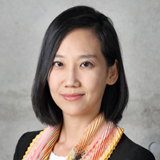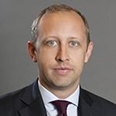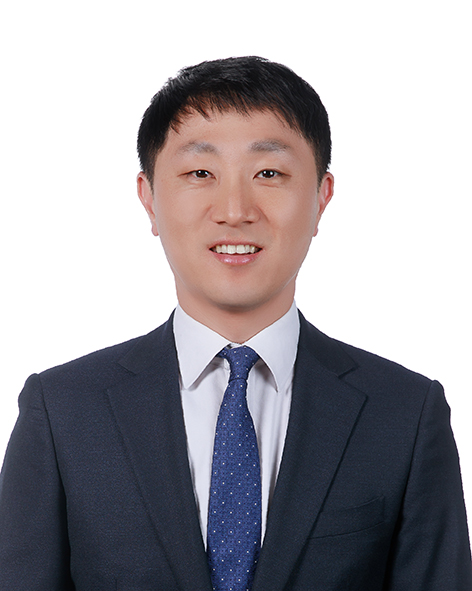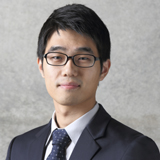Challenges and Opportunities for Korea-Japan Relations in 2014
Executive Summary
This report offers an in-depth look at attitudes of the South Korean public on Japan. It uses public opinion data collected by the Asan Institute for Policy Studies via its public opinion surveys. Its core findings are outlined below.
- Following Prime Minister Abe’s Yasukuni visit, his favorability rating declined to 1.0 on a 0-10 scale. This is the same favorability rating found for Kim Jong-Un. The favorability rating of Japan declined to 2.4 following the visit. This was a 0.2 point decline from early December.
- A near majority (49.5%) of the Korean public remained supportive of a Korea-Japan summit, and a similar number (50.7%) stated support for the signing of GSOMIA. The public also remains supportive of President Park taking a proactive role in improving relations (57.8%).
- The continuing support for improving Korea-Japan relations stems from China’s rising influence in the region. If China continues its rise, a clear majority (63.9%) stated that security cooperation with Japan would be a necessity. A disproportionate number of those who support an improvement between two countries are more wary of the rise of China.
- Dokdo is still cited as the biggest obstacle to improving Korea-Japan relations. This was also true among those respondents with the most favorable attitudes towards Japan, with 49.5% of this group stating as such. The result implies that Koreans will react strongly to any participation by Abe’s government in the upcoming events marking Japan’s Takeshima Day on February 22.
- The data also suggests that perceived U.S. support for Japan could harm Korean perceptions of the United States. Following U.S. support for Japan’s eventual expansion of its collective self defense, an increased number of Koreans saw the Korea-U.S. relationship as competitive.

 Facebook
Facebook Twitter
Twitter


